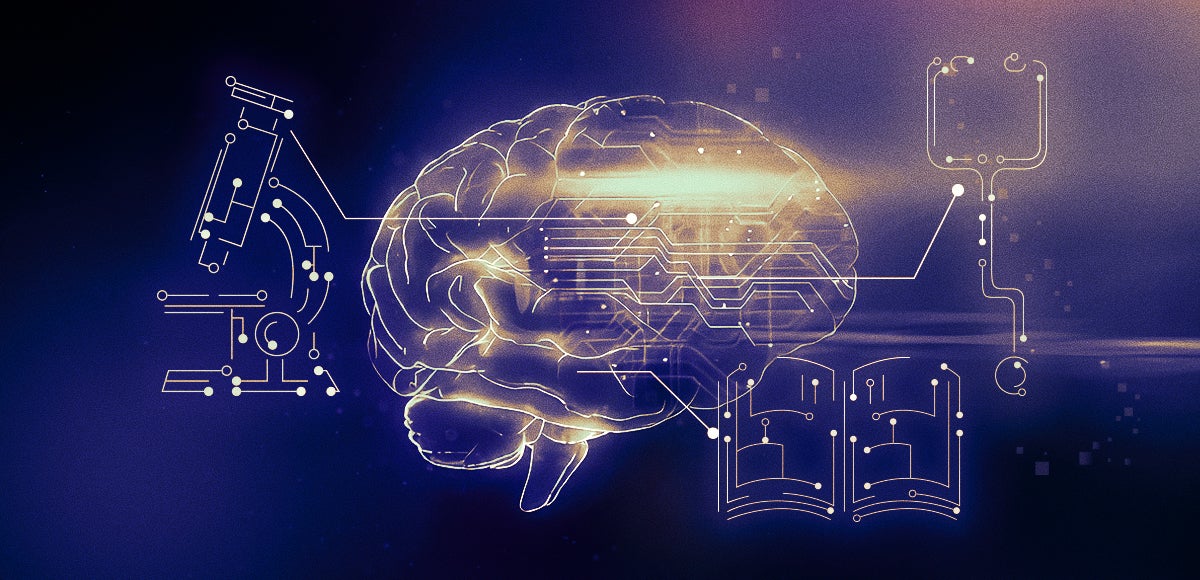PVPN Trends
Stay updated with the latest trends in privacy and security.
Artificial Intelligence: The Unexpected Sidekick to Your Daily Life
Discover how AI is transforming your daily life in surprising ways! Uncover the unexpected benefits and tools you didn't know you needed.
Unlocking Productivity: How AI Can Streamline Your Daily Tasks
Unlocking productivity in our fast-paced world has become increasingly important, and AI tools are leading the charge to help us achieve this goal. By automating repetitive tasks, generating insights from data, and enhancing decision-making processes, AI can significantly streamline your daily activities. For instance, chatbots can manage customer inquiries 24/7, while machine learning algorithms can analyze large datasets to uncover trends that would take humans much longer to identify. This not only saves time but also allows you to focus on higher-level strategic initiatives.
Moreover, AI can personalize your workflow by learning from your habits and preferences over time. Tools like personal assistants can schedule meetings based on your calendar and prioritize tasks according to deadlines, ensuring that you never miss a beat. As a result, your productivity can see a remarkable boost, as you spend less time managing logistics and more time executing creative ideas. Embracing AI in your daily routine is not just an option; it's an essential step towards unlocking productivity in the modern workplace.

AI in Everyday Life: Surprising Ways It Enhances Your Routine
In today's fast-paced world, AI has become an integral part of our daily lives, often in ways we might not even recognize. For example, your morning routine could be significantly enhanced by AI-powered virtual assistants like Siri or Google Assistant. These technologies can manage your schedule, set reminders, and even control your smart home devices with just a simple voice command. Additionally, AI algorithms curate personalized news feeds and music playlists, ensuring that the content you engage with is tailored to your preferences. This not only saves time but also enhances your overall experience, making everyday tasks more efficient.
Moreover, AI is subtly at work in various applications that improve our health and well-being. Wearable devices equipped with AI technology can track your physical activity and sleep patterns, offering personalized insights to help you lead a healthier lifestyle. For instance, apps that monitor your exercise routine often use AI to suggest workouts based on your fitness level and goals. Similarly, AI-driven nutritional apps can analyze your eating habits and provide customized meal plans. By integrating AI into our health and fitness regimens, we can make smarter choices that ultimately contribute to a better quality of life.
Is AI the Future of Personal Assistance? Discover the Benefits and Challenges
The advent of AI technology has ushered in a new era for personal assistance, transforming the way individuals manage their daily tasks. From smart virtual assistants like Siri and Alexa to more sophisticated AI-driven applications, the benefits are manifold. Key advantages include increased efficiency, as these tools can automate mundane tasks such as scheduling, reminders, and information retrieval. Furthermore, AI personal assistants can learn user preferences over time, tailoring recommendations and improving user experience. This personalization not only saves time but also enhances productivity, allowing users to focus on more critical aspects of their lives.
However, the integration of AI in personal assistance brings forth several challenges that must be addressed. Privacy concerns are at the forefront, as personal data is often required for these AI systems to function effectively. Users may hesitate to fully embrace AI assistance due to fears about data security and potential misuse of information. Additionally, there is a growing debate on the impact of AI on employment, particularly in sectors where traditional personal assistants are employed. Striking a balance between leveraging the benefits of AI and addressing these challenges is crucial for its future in personal assistance.